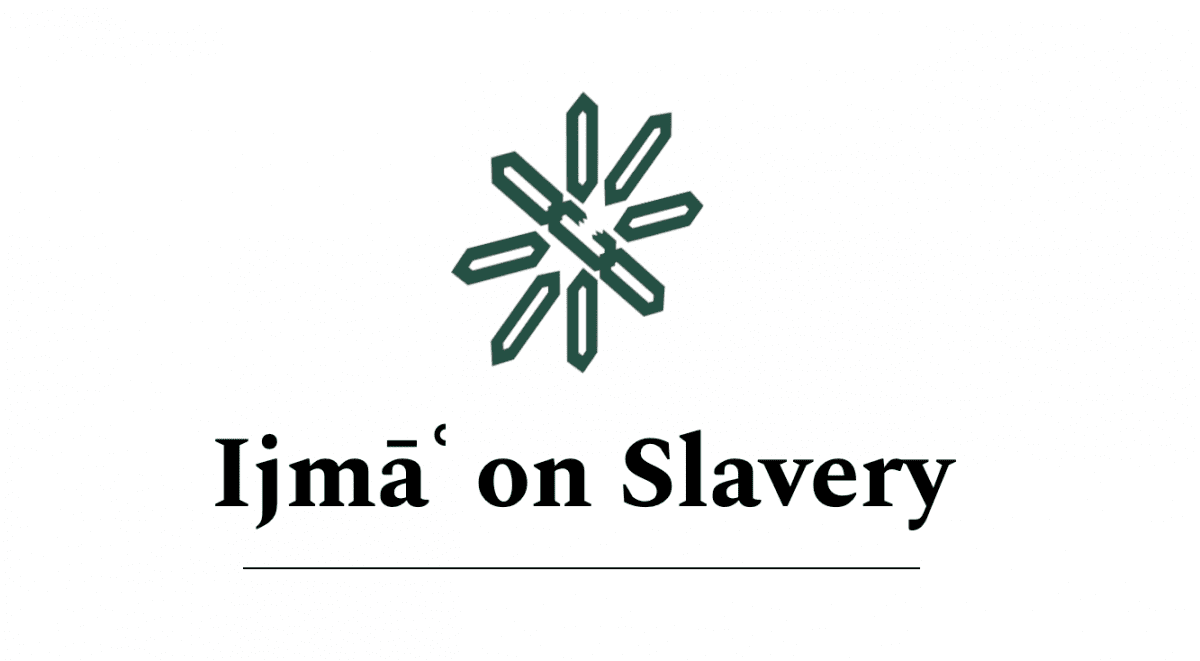
Of the 40 million people worldwide living in slavery today, almost 15 million live in the Muslim world, which can be defined as all the Muslim-majority countries in the world and all countries with large Muslim minorities. In some of the Muslim-majority countries, where Islamic law is enforced, it is still possible to legally own another human being, especially young women living in a state of concubinage. In most of the other Muslim-majority countries and in countries with large Muslim minorities, although slavery is abolished by secular law or governmental edict, conditions equivalent to classical slavery or even worse than those endured under classical slavery still exist. Human beings are bought, sold, traded, gifted, inherited, sexually abused, forced or tricked into prostitution, massively exploited for labor and other purposes, held in bondage for debt, forced into marriage, and made the victims of organ trafficking by deceit, artifice and fraud.
Islamic law unequivocally condemns all of these circumstances and practices but no recognition of a consensus of Islamic scholars condemning such practices has ever been made. Recognition of the existence of such a consensus, called an ijmāʿ in Islamic jurisprudence, would greatly aid efforts to stamp out such reprehensible and harm-causing practices among Muslims. The ijma-on-slavery.org website seeks to collect opinions of competent Islamic scholars on this problem and, should there be unanimous agreement among such scholars, it seeks to enable these scholars to issue a statement recognizing an ijmāʿ and declaring that slavery and slave trading are illegal under Islamic law and therefore abolished. It will then seek to disseminate the fact of the ijmāʿ worldwide. If there is not unanimous consensus, as is required for an ijmāʿin the jurisprudence, the website will serve as a forum for dialogue and discourse on the issue, with the goal of reaching a unanimous consensus.
The website will also perform other tasks. It will be a vehicle for scholars and others interested in the problem of slavery in the Muslim world to post essays, chronicles, real-time observations, opinions, notices and other documents of interest on the topic in its public portal. It will also provide a forum for organizers to begin the work of convening a convention/meeting/conference on the question of the abolition of slavery under the aegis of Islamic law.

Bernard K. Freamon, the organizer of the website, is professor of law emeritus at Seton Hall Law School and an adjunct professor of law at New York University School of Law. He possesses a B.A. degree in anthropology from Wesleyan University in Middletown, Connecticut (1970), a J.D. degree from Rutgers University School of Law in Newark, New Jersey (1974), an LL.M degree From Columbia University in the City of New York (2002), and a J.S.D. degree in Islamic Legal History from Columbia University in The City of New York (2007).
Professor Freamon is the author of several articles, book chapters, and books, including:
- Possessed by the Right Hand: The Problem of Slavery in Islamic Law and Muslim Cultures (Leiden: Brill, 2019).
- “Slavery and Society in East Africa, Oman and the Persian Gulf,” in What is a Slave Society? The Practice of Slavery in Global Perspective (Cambridge: Cambridge University Press, 2018) (Noel Lenski and Catherine M. Cameron, eds.).
- “ISIS, Boko Haram, and the Human Right to Freedom from Slavery Under Islamic Law,” Fordham International Law Journal 34 (2015): 245.
- “Straight, No Chaser: Slavery, Abolition and Modern Islamic Thought,” in Indian Ocean Slavery in the Age of Abolition (New Haven: Yale University Press, 2012) (Robert W. Harms, Bernard K. Freamon and David W. Blight, eds.).
- “Martyrdom, Suicide and the Islamic Law of War,” Fordham International Law Journal 27 (2003): 299.
- “Slavery, Freedom and the Doctrine of Consensus in Islamic Jurisprudence,” Harvard Human Rights Journal 11 (1998): 1.
He sincerely invites all those interested in the issues of slavery and slave trading in the Muslim world to support the website and disseminate it in their teaching and scholarship and on their social media networks. If a scholar is qualified to offer an opinion on the question of the legality of slavery in Islamic law, he urges him/her to contribute their opinion to the website’s scholar-contributor portal.
